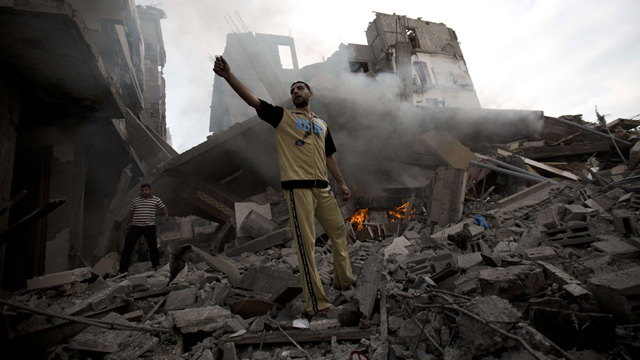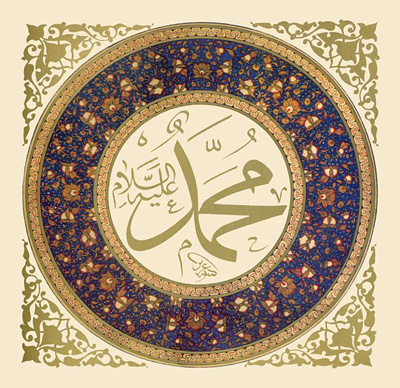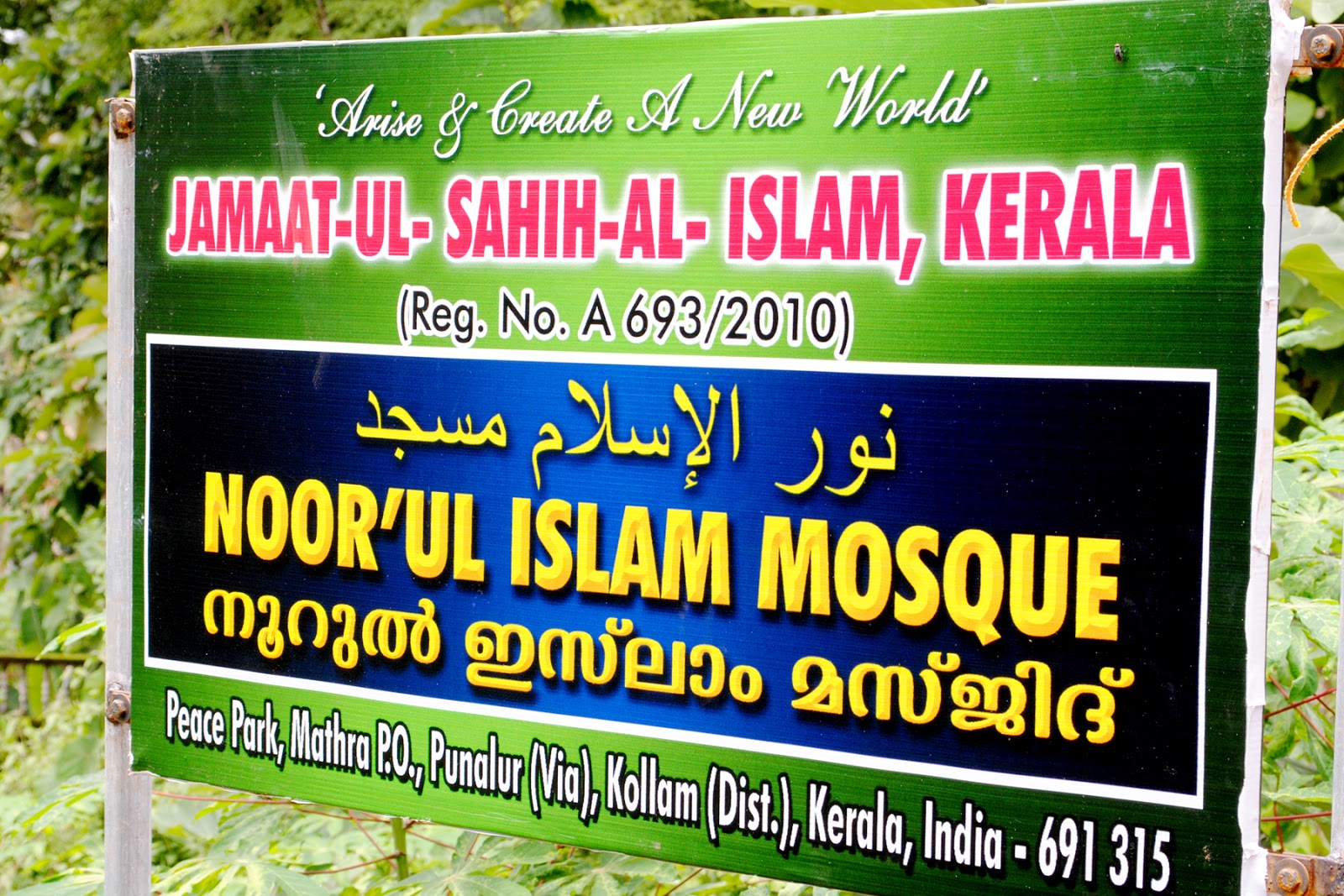 Rabbih-kum bil-haqq! Wa rabbunar-rahmanul musta-'aanu
'aala maa tasifoon.
Rabbih-kum bil-haqq! Wa rabbunar-rahmanul musta-'aanu
'aala maa tasifoon. “My Rabb (Lord)! You decide with truth. And our Rabb (Lord) is the Rahman (Most Gracious) whose help is invoked against what you attribute.”
The month of Ramadan, as well as the Eid festival and
these difficult days witnessed to a deep sorrow for I could not from my mind
those pictures of small innocent Palestinian children killed by the Israelite
army. During the month of Ramadan I was terribly overthrown with the shocking
pictures of innocent children torn down by bombs.
 How can we think that is no problem in Muslim
countries when each day, in front of your eyes, parents are carrying the
coffins of their children? How can we celebrate festivals, eating and drinking
and enjoy ourselves when all these people, all these families have nothing to
eat and drink, have nothing with which to clothe themselves properly, have no
place to accomplish their Salat
(prayers) and not even water to drink and make ablution (Wu’zu)? These are mourning days for me. I ask myself how the Nobel
Prize could have been given to Barrack Obama who is a passive accomplice of
this tragedy! We should have a special thought for all these Palestinians who
are being killed daily, dying as martyrs under the bombs of the Israelites.
How can we think that is no problem in Muslim
countries when each day, in front of your eyes, parents are carrying the
coffins of their children? How can we celebrate festivals, eating and drinking
and enjoy ourselves when all these people, all these families have nothing to
eat and drink, have nothing with which to clothe themselves properly, have no
place to accomplish their Salat
(prayers) and not even water to drink and make ablution (Wu’zu)? These are mourning days for me. I ask myself how the Nobel
Prize could have been given to Barrack Obama who is a passive accomplice of
this tragedy! We should have a special thought for all these Palestinians who
are being killed daily, dying as martyrs under the bombs of the Israelites.  There are lessons to be learned from the tragedy of
Palestine. While Palestinians are dying without food, their rich Arab cousins in Dubai and
Kuwait are competing to build the tallest skyscrapers in the world. Where is
the unity of the Ummah ? Arab countries
keep a low profile, watching like spectators. Previously it was said that the
Ethiopians were searching in garbage cans for food. Today the Libyans, Syrians,
despite living in rich countries search garbage cans for food. There is the
absolute need to recover the lost unity. Divided like this, the Arab countries
are getting trampled upon. I personally cannot help being deeply upset, shocked
and confused, throughout the month of Ramadan by the events in the Middle East.
There are lessons to be learned from the tragedy of
Palestine. While Palestinians are dying without food, their rich Arab cousins in Dubai and
Kuwait are competing to build the tallest skyscrapers in the world. Where is
the unity of the Ummah ? Arab countries
keep a low profile, watching like spectators. Previously it was said that the
Ethiopians were searching in garbage cans for food. Today the Libyans, Syrians,
despite living in rich countries search garbage cans for food. There is the
absolute need to recover the lost unity. Divided like this, the Arab countries
are getting trampled upon. I personally cannot help being deeply upset, shocked
and confused, throughout the month of Ramadan by the events in the Middle East.







